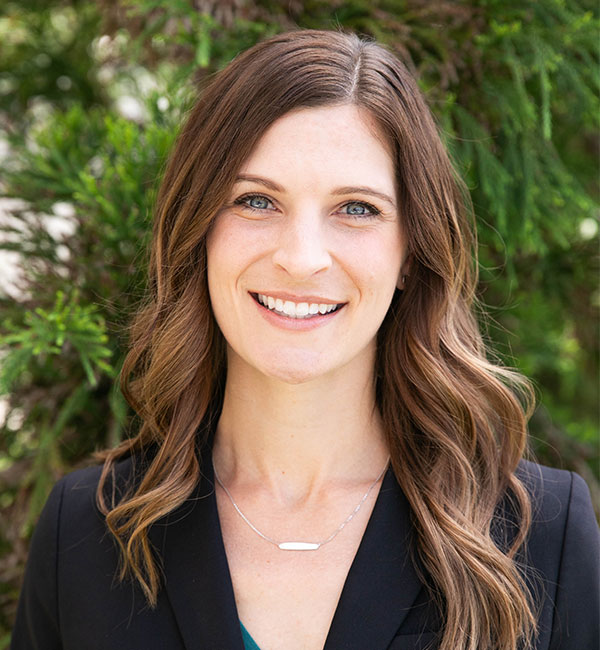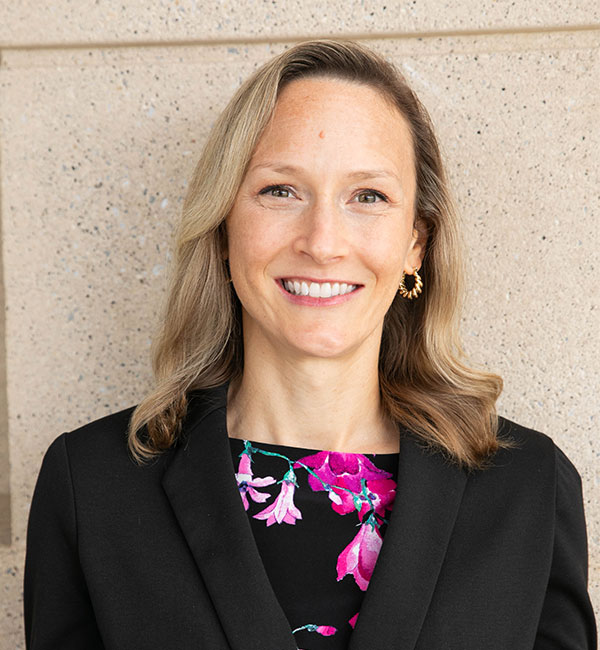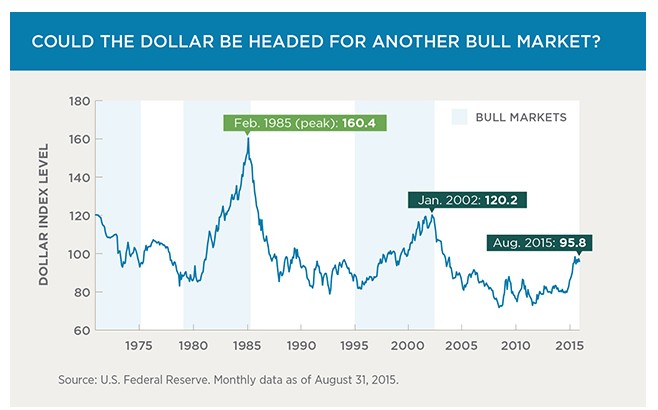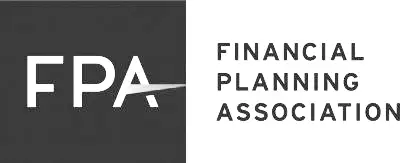As we did last year, Financial Symmetry has covered several current events on our blog throughout 2015, and here are what we think the Top 10 Economic Stories of the Year have been:
-
Fed Rate Increase
On December 15, 2015 the U.S. Federal Reserve implemented a long awaited interest rate increase – the first one in over 9 years – by increasing the federal funds rate by .25%. Rates dropped extremely low in late 2008, and there have been no other interest rate adjustments since then. The increased federal funds rates means the U.S. central bank believes that our economy is in a stable position.
Related link: http://money.cnn.com/2015/12/15/news/economy/fed-rate-hike-2-minutes/
-
China
Weaker than expected economic statistics in China had investors worried as their economy slowed. There was concern over whether China’s government officials will make sound decisions as the economy moves from an investment led to consumer based economy. Additionally, on August 11th China’s officials made the decision to weaken their currency by 1.9% against the US dollar which concerned investors that their economy may be slowing faster than was initially anticipated. This uncertainty in China contributed to the U.S. economy’s first correction (decline of 10% from market high) since 2011.
Related link: http://www.bloomberg.com/news/articles/2015-08-26/china-s-stunning-stock-market-moves-in-one-huge-annotated-chart
-
Oil Drop
Oil prices fell dramatically during 2015 which was a surprise to most. Excess supply has been the reason for the price decline as North American oil production expanded. Slower demand growth globally also contributed to less pain at the pump for most of us. In the past, Saudi Arabia was often willing to reduce production to reduce excess supply, as long as other OPEC members also agreed to reduce production (though they often did not actually follow through). This time Saudi Arabia decided that since North America has become such a large producer, that if Saudi Arabia cut back, North America probably wouldn’t, which would just result in North American producers reaping the benefit of higher prices. Since North America producers’ cost of production is much higher than Saudi Arabia’s, it is believed that North American producers will be forced to stop adding to production due to lower prices. This may eventually be the case, but the world also has Iran production coming back on line and alternative energy sources like solar and wind have come down so much in price and continue to fall that it is not inconceivable that demand for oil may stop growing and could actually decline. There are winners and losers from the lower oil prices, with US consumers benefiting from gasoline prices under $2 per gallon, but states like Alaska, Texas and North Dakota have seen job losses and tax revenues decrease. Oil companies and oil service companies have seen falling profits and stock prices.
-
VW Scandal
VW sales and profits have grown strongly the last five years, and their stock price benefited- increasing by almost 100%. As it turns out, they had been cheating on emissions tests which not only raised the ire of regulators, but also tarnished their brand as many VW enthusiasts thought they were buying vehicles that were relatively clean and energy efficient. Their stock price declined by over 50%, eliminating all the gains of the last five years. Germany also got a bit of a black eye as German engineering is considered top notch, but it appears their engineers developed the cheating software because they couldn’t cost effectively engineer the combination of performance, efficiency and low emissions that their competitors had.
-
Social Security Changes
The decision this year by Congress and the President to eliminate some very important Social Security claiming strategies will have a significant effect on the retirement income of many Americans. For some there is still time to take advantage of the beneficial strategies, but time is running out very quickly. We are in the process of reaching out to our clients to make the necessary adjustments before the clock runs out. Read more here: http://www.financialsymmetry.com/what-you-need-to-know-about-social-security-file-and-suspend-changes/
-
Strong US Dollar
Throughout 2015 the US dollar has been strengthening and has come close to reaching parity with the Euro. This has been significant for the US economy and your portfolio. The dollar has been rising in value mostly as a result of a strengthening US economy. This is in contrast to most of Europe, which is still struggling to gain traction.
The strong dollar benefits US travelers and importers as it gives us more purchasing power. However, it provides a tailwind for both exporters and US investors in foreign stocks and mutual funds. While this has been the trend for 2015, currency valuations can change quickly. The Market Watch story below recalls a proclamation by a super model who would only receive payment in Euros in 2008. This preceded the down trend in the Euro by 3 months.
Related links:
Is the U.S. dollar too strong for its own good?
How the U.S. dollar affects your portfolio.
-
Healthcare Premium Increases
When signing up for health insurance for 2016, you may have noticed an increase in your healthcare premium. According to a Wall Street Journal article, “the price of the second-lowest-cost midrange ‘silver plan’ — a key metric for premiums around the country — will increase by 7.5% on average across the three-dozen states that rely on Washington to administer the health law for them.” The article cites the reason for the increase is due to business being more costly, losses incurred in 2015, prescription-drug prices rising, and lower payouts received from federal programs. It’s important to shop around when it comes to health insurance to make sure you find the optimal plan for your situation.
-
College Financial Aid Changes
For anyone with children going to college in the next few years the rules for filling out financial aid forms (Federal, CSS Profile and Institutional Method) changed in 2015. President Obama signed an executive order that changed the initial timing of filling out federal financial aid forms from January to October of the previous year, and private colleges followed with the same timing. This means the income you input into the forms in October will be based on the previous year’s tax return, or halfway through the junior year of high school for students starting college in fall 2017. The college process can be confusing which is why Financial Symmetry will be hosting a college planning night in January. Please contact us if you have interest in attending.
-
Housing
We are now nearly 4 years removed from the bottom of the dramatic fall in housing prices experienced during the financial crisis in the late 2000’s. We described one of the bigger economic problems during that time as the sharp decline in building permits which bottomed around 500,000 annual permits in 2011. But in 2015, we saw some reassuring numbers around the housing industry. Median house prices are now nearly back to pre-recession peak prices, construction jobs are surging, and new building permits have risen to a pace around 1.3 million annually. Construction spending also hit an 8 year high in late 2015. If we continue to see these trends rise in 2016, the housing resurgence will likely be one of the biggest economic stories in 2016.
-
Terrorism/Paris/ISIS
The news of terrorist attacks in Paris on November 13th of 2015 spread throughout the world quickly and was one of the most talked about events of the year. The impact of this event was felt worldwide as seen whenever terror occurs. The impacts can even reach the financial stock markets as any type of terrorist attack or other notable event such as war can certainly cause short term volatility in the stock market and has done so in past years. One of the first articles I read after the Paris attacks included the following graph that points out certain events in history and the short term & long term impacts of them to the markets
Financial Symmetry Podcast Show Notes
Links mentioned in our discussion of the top 10:
- The Odds of Success for Individual Stocks – Example referenced in Volkswagen story
- Why a Health Savings Account Might Be Your Best Retirement Account
- Tax Planning with health care premium subsidy
- The movie The Big Short
- CNBC article 2015 was the Hardest Year to Make Money in 78 Years
- Proof Chad really did learn to wakeboard
Photo Copyright: studio306 / 123RF Stock Photo
Connect With Chad and Mike
- https://www.financialsymmetry.com/podcast-archive/
- Connect on Twitter @csmithraleigh@TeamFSINC
- Follow Financial Symmetry on Facebook











